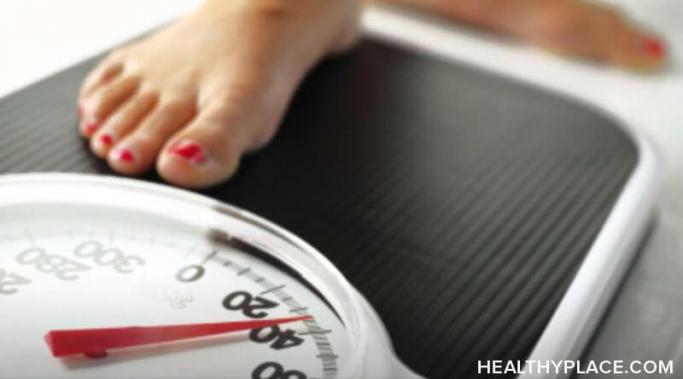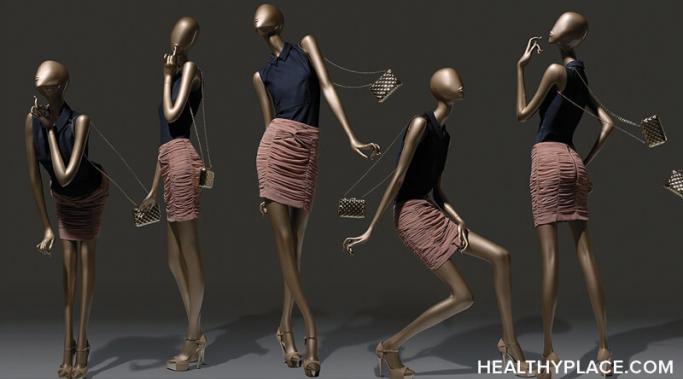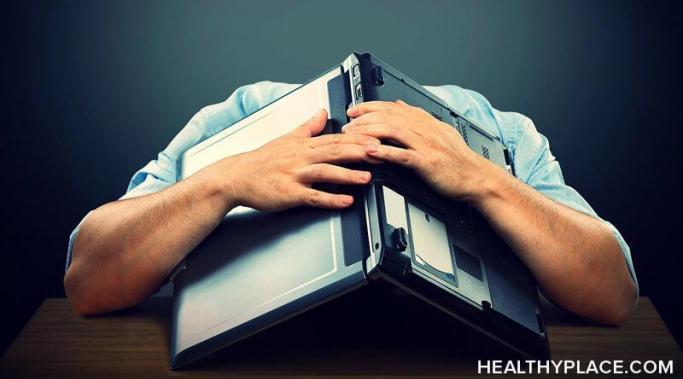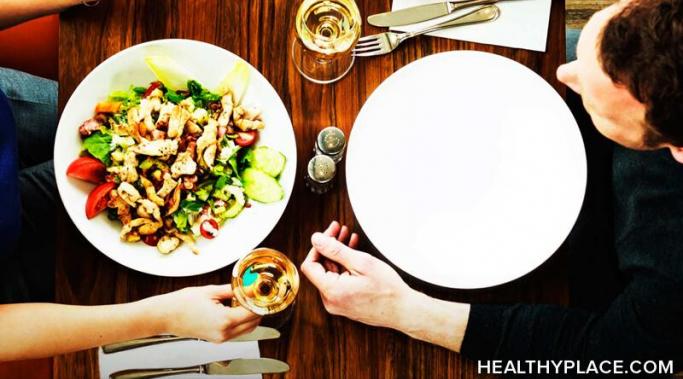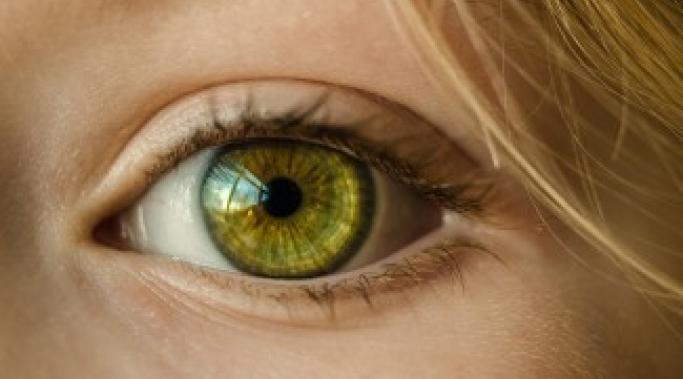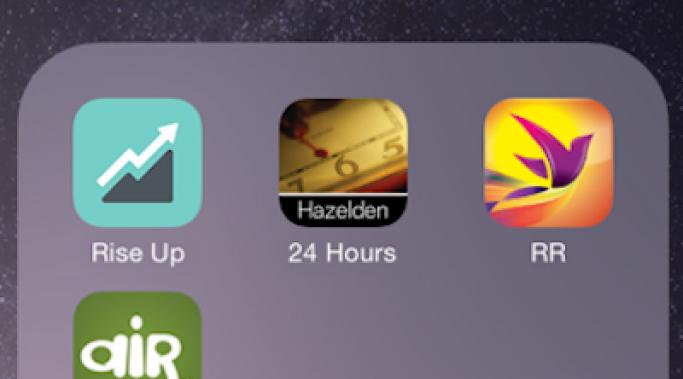Research studies have found many parallels between bulimia and drug addiction. Conceptualizing bulimia as an addiction, or simply understanding the similarities between these mental health problems may help open up new possibilities for treatment.
Eating Disorders Treatment
Last week, I came across the idea of "thin privilege," a term I had been unfamiliar with up to that point, and as I researched this concept, I was forced to confront the role of thin privilege in eating disorder treatment—my own experience included. Thin privilege is a systemic ease and entitlement in which people with smaller bodies tend to move through society. More opportunities and advantages are often afforded to people who look the way mainstream culture has deemed acceptable or ideal. In terms of the eating disorder population, those who mirror the stereotype of "emaciated" are more likely to have their illnesses treated with serious concern and validation than people whose bodies do not reflect this arbitrary mold. But if eating disorder recovery is to be made accessible for all those who suffer—not based on outward size or shape—then it's time to address the role of thin privilege in eating disorder treatment.
Eating disorders and pornography addictions have more in common than you might realize at face value. But when you break down the complex nuances, deep-rooted motives, and unaddressed traumas that often drive the symptoms of these issues, both eating disorders and porn addictions share many identical threads. In fact, I know firsthand this connection exists because I am a survivor of anorexia, and my husband is a recovered user of porn. Our two healing stories are uniquely our own, but the similarities between his obstacles and mine are also just too pronounced to dismiss as coincidental. So what do eating disorders and pornography addictions have in common? In case you are wondering, here is my perspective on this enmeshed and intricate dynamic.
Eating disorders often elicit both competition and comparison among those who suffer, and this can especially be rampant within the context of eating disorder treatment. Because society tends to normalize and glamorize disordered eating behaviors, the inclination to compete over being the "thinnest person in the room" does not suddenly disappear inside a controlled, therapeutic environment. The amount of rules and supervision are heightened in treatment, but the fixation with remaining "skinny enough" is difficult to switch off. This mindset is rooted in insecurity, self-hatred, shame, and negative body image, so feeling the need to compare or compete serves as a distraction from those uncomfortable emotions. But the fact is, competition and comparison in eating disorder treatment will exacerbate suffering and counteract recovery.
There are reasons your therapist will break confidentiality. For some of us, this may come as a surprise because we've learned to trust our therapist. We see our therapist as Pandora’s box, where we think that they will never share anything that we tell them. However, a licensed therapist is bound by law to share a few things. Here’s what triggers your therapist to break confidentiality.
EMDR treatment, or eye movement desensitization and reprocessing, can help eating disorder recovery (EMDR: Treatment for PTSD). What are those four strange letters and how can they help me, you might ask? EMDR, which is performed by someone licensed and trained in EMDR, is a rapid eye movement therapy usually associated with posttraumatic stress disorder (PTSD) because it works to treat trauma. According to the director of the New York Center for Eating Disorders, 40-60% of men and women who they treat for eating disorders have experienced sexual abuse. Since sexual abuse is traumatic, EMDR can help on the road to eating disorder recovery.
In our eating disorders, we fear fat but yes, eating dessert during eating disorder recovery is okay. We fear the way it looks in the mirror or how it collects on our thighs and the way it shows itself in the grams on labels and hovers in molecules of our food. When we have an eating disorder, we’d rather do anything than be fat and so we do. We react in unhealthy ways by starving, binging, purging, overexercising, obsessing over calories, or putting foods into lists of can/cannot eat. In recovery, we learn how to eat for nourishment but desserts can still be a feared and precarious category. But what if recovery included our ability to eat a cookie for the pleasure of it, simply because it’s delicious? What if eating disorder recovery included eating dessert?
When you have an eating disorder, you need to know what to tell an eating disorder treatment decision-maker. After all, having an eating disorder sucks and being worried about affording, or being denied eating disorder treatment, adds to the suckiness. During my stay at an inpatient facility, one of the girls threw up blood, and still, her insurance kicked her out after 11 days. Another girl with anorexia was there before I arrived and stayed after my release. To insurance companies, people are words on a page. They don’t know us. Even if they saw a picture, they might think we’re fine when we’re not. What they don’t know, is that just because we don’t look like a skeleton, it doesn’t mean we’re not at risk of dying. Here's what eating disorder treatment decision-makers need to know.
Why would anyone resist eating disorder recovery? Wouldn't eating disorder recovery be better than an active eating disorder? Afterall, when we think about eating disorders, the terms laughing, cheerful, bright, glad, or content don’t make the list. For those of us who’ve been living with our disorder for a while, there’s a helplessness, hopelessness and self-doubt, which kicks us down the stairs of depression with an eating disorder. We’re not stupid. We know we’re missing out on life. Yet fear pokes us with a sharp stick taunting, “What if you never recover? You’ll get fat. You’ll spiral out of control.” Terror of the unknown keeps us frozen in place, or moving with icy limbs. There’s a simple reason we resist eating disorder recovery. Once we hear it, eating disorder recovery won’t be the same.
I’ll be honest, when I was faced with buying a new phone a few months ago, a major factor in my decision was the selection of phone apps available for eating disorder recovery. I’d previously had a Windows phone, which offered very little in the way of available apps of any kind, much less for eating disorder recovery. So I finally joined the rest of the world and bought an iPhone. I’ve spent the last month or so downloading different eating disorder recovery apps and trying them out – here’s what I have found.
